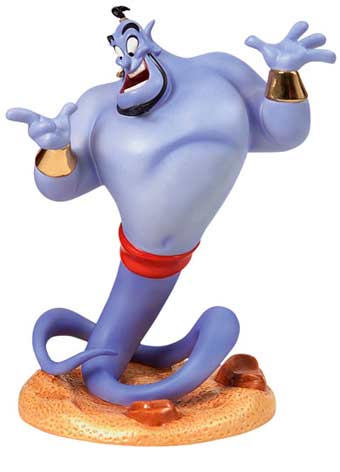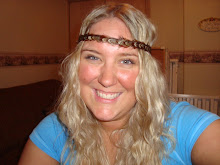- Oct. 17th- Quiz #1- 100pts
- Nov. 14th- Quiz #2- 100pts
- After Thanksgiving- group presentations and individual presentations
- Dec 18th 8-10 am- Final- 50 pts
-------------------------------------------------------------------------------------------------
 Sir Philip Sydney said that literature should:
Sir Philip Sydney said that literature should:
- instruct
- entertain
- rhetoric: tries to persuade us, which makes it different from poetics
- provocation
- flyting: is an act of insulting people with rhetoric
- shakespeareinsults.com
- Alice's Restaurant by Guthry lyrics
"the Internet is like a genie, you can get anything you want" ~Dr. Sexson

easy rhetoric: "naked as a jaybird"
NORTHROP FRYE:

- the master of obstruction (absurdity)
- focus on what you do understand not what you don't understand
- what they think the author means
- LITERATURE DOES NOT MEAN WHAT THE AUTHOR SAYS IT MEANS!!!!
- you don't know what they think anyway their and our opinions mean nothing
- intentional fallacy
- so... what about what we think?
- literature is not detachable from the work its self
- "what it means is what it is, and what it is is a structure of words" Frye
- Joyce said that he wrote Finnegan's Wake to keep the critics guessing for years
"If I have read the last chapter of Finnegan's Wake correctly, what happens there is that the dreamer, after spending the night in communion with a vast body of metaphorical identifications, wakens and goes about his business forgetting his dream, like Nebuchadnezzar, failing to use, or even to realize that he can use, the 'keys to dreamland.' What he fails to do is therefore left for the reader to do, the 'ideal reader suffering from an ideal insomnia,' as Joyce calls him, in other words the critic. Some such activity as this of reforging the broken links between creation and knowledge, art an science, myth and concept, is what I envisage for criticism. Once more, I am not speaking of a change of direction or activity in criticism: I mean only that if critics go on with their own business, this will appear to be, with increasing obviousness, the social and practical result of their labors." ~ Frye pg 354
- Joyce believes that we must suffer from an 'ideal insomnia'
4 works that we are covering that deal with the defence of poetry:
- Aristotle's Poetics
- Dante's Letter to Can Grande
- Sir Philip Sydney's An Apology for Poetry
- Percy Shelley's Defence of Poetry

No comments:
Post a Comment